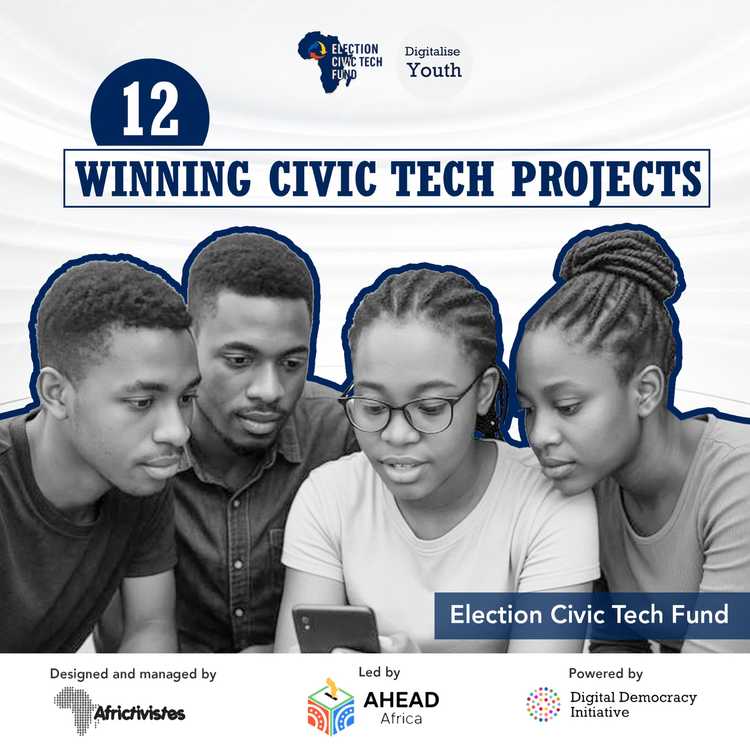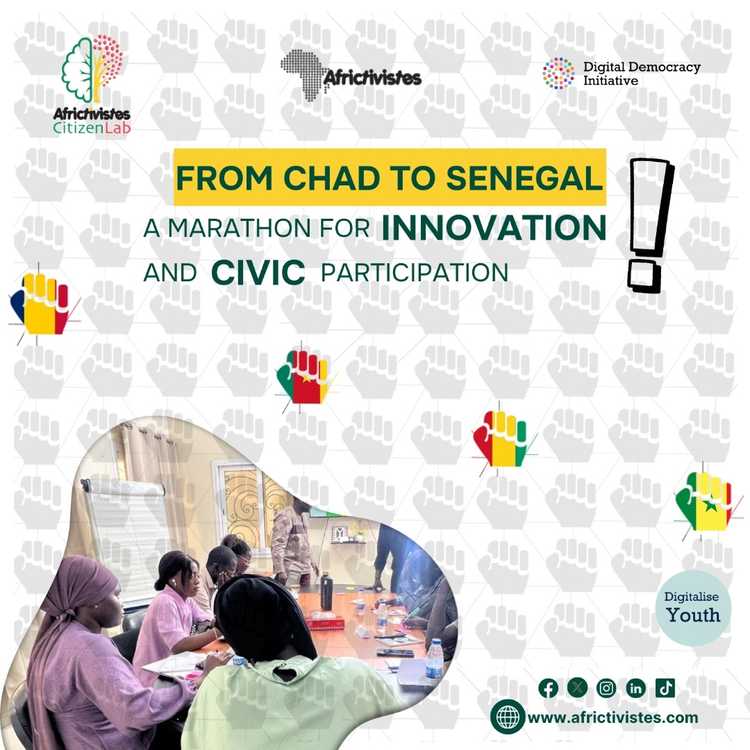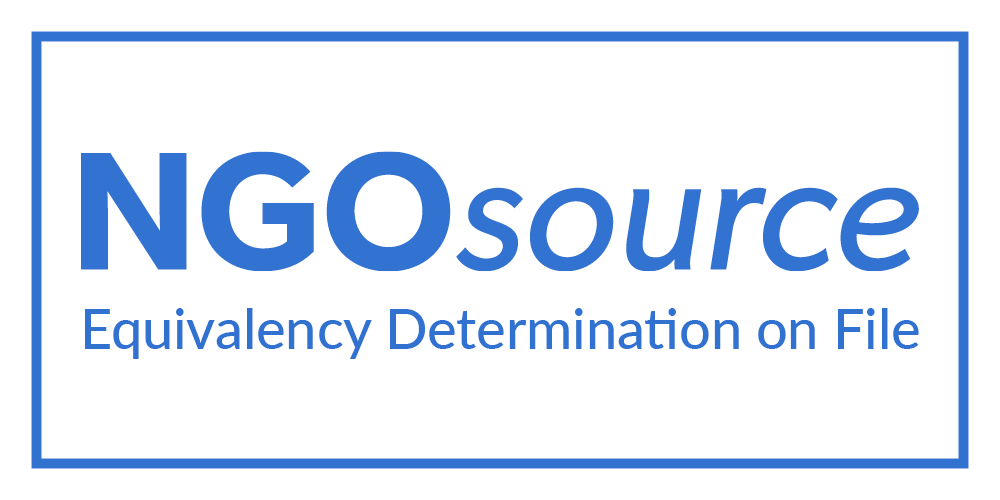AfricTivistes Observatory for Democracy
Call for expressions of interest to research challenges to democratic governance
General context
Over the last few decades, Africa has witnessed political conflicts linked to constitutional amendments, which are a source of instability and security threats. Some heads of State have fiddled with the constitutions of their countries in order to either run for another term of office after resetting the counters to zero, or to stay in power forever by refusing to introduce term limits.
From Faure Gnassingbé in Togo in 2019 to Alassane Ouattara in 2020 and Alpha Condé, opposition and civil society protests against their candidacies have been violently repressed, resulting in deaths. In addition, dynastic presidencies, where heads of state have inherited power from their parents (Togo and until recently Gabon), have often been criticised for their lack of democratic process and have sometimes led to political and social tensions in the countries concerned. In addition, there has been a resurgence of military coups d’état since 2019, and the African specificity of presidents “for life” who remain in power forever.
Civil society has taken various actions and defined appropriate response strategies to mitigate the impact and preserve democratic gains, in particular respect for the Constitution and presidential term limits.
Civil society continues to adapt its strategies in the face of an ever-shrinking civic space and a thirst on the part of the executives to consolidate their power to the detriment of fundamental rights and the democratic rules of separation of powers.
Despite the strong mobilisation of national, regional and African civil society through various peaceful actions, the heads of State end up getting their way by walking over dead bodies.
With this in mind, AfricTivistes is putting together an awareness-raising campaign for the general public to bring the debate on presidential term limits to the grassroots level and increase people’s understanding and involvement in the quest to build democratic states.
Presentation of the Observatory
AfricTivistes believes that it is vital to highlight the importance of accurate information and the correlation between presidential mandates and the harmful consequences for countries and populations. It is therefore setting up a citizens’ observatory on democracy issues to raise awareness among African populations of the impact of presidential terms too many. Qualified service providers will conduct studies on the challenges of democratic governance in Africa. They should submit their applications on this form (see the ToR below).
The mission of the Observatory is to encourage citizen participation, promote government transparency and build skills and knowledge while fostering multi-stakeholder articulation on the issues of too many presidential terms.
Its specific objectives are to:
– Establish, through research and factual evidence, the impacts and consequences of term limits on citizens;
– Strengthen people’s understanding of the usefulness of presidential term limits;
– Equip people with a better understanding of the consequences of tampering with constitutions;
The project has two major components. The first is a series of six studies by experts and researchers to examine the issues surrounding constitutional changes, presidential term limits and democratic governance in Africa. The second component involves using these studies to inform citizens and strengthen civil society in its fight for fairer and more democratic governance through a large-scale awareness-raising campaign.
Research
Establishing the AfricTivistes Observatory for Democracy is a continuation of several years of advocacy and awareness-raising on democratic issues and principles in Africa. With research and documentation on presidential term limits as its main focus, the Observatory’s objective is to produce content to
1 – Establish the impacts and consequences of unlimited presidential terms of office on citizens;
2 – Raise public awareness and understanding on the consequences of tampering with constitutions.
For this first phase of the project, six (6) themes have been selected to guide the scientific reflection and production:
Six (6) themes have been selected for this first phase of the project to guide scientific reflection and production:
1 – State of democracy in Africa: constitutional and unconstitutional regime change from 2000 to 2023;
2 – Impacts and consequences of unlimited presidential terms on socio-economic well-being in Africa;
3 – Hyper-presidentialism vs. strengthening the separation of powers: what are the possible solutions for democracy?
4 – Civil society’s strategies for fighting too many presidential terms: assessing the participation of women and young people;
5 – Reinventing African democracy: between culturalism and endogeneity;
6 – Big Data, Blockchain, Artificial Intelligence… How can technology be used to guarantee respect for democracy?
Research project proposal
The research will be carried out by external consultants in collaboration with AfricTivistes. They are called upon to produce in an accessible language that will facilitate the dissemination and vulgarisation of the concepts and enhance people’s understanding of these issues. The terms of reference for the research are as follows:
Research paper 1
State of democracy in Africa: constitutional and unconstitutional regime change from 2000 to 2023
Objective
This research aims to analyse the evolution of democracy in Africa by focusing on regime change between 2000 and 2023, with particular emphasis on constitutional and unconstitutional aspects.
Specific objectives
– Map regime changes in Africa between 2000 and 2023, distinguishing between constitutional and unconstitutional transitions.
– Prepare a list of 12 African countries for the research.
– Assess the impact of constitutional changes on political stability and democratic governance in the countries concerned.
– Analyse the causes and consequences of coups d’état and other forms of unconstitutional regime change.
Methodology
The research should include an in-depth literature review, interviews with constitutional law experts, political leaders and civil society actors. Data should be collected from reliable sources and research methods should be transparent.
Expected results
1 – A detailed report on the state of democracy in Africa from 2000 to 2023.
2 – A comparative analysis of constitutional and unconstitutional regime change.
3 – Policy recommendations for African governments, regional and international organisations.
Research paper 2
Impacts and consequences of unlimited presidential terms on socio-economic well-being in Africa
Objective
Examine and analyse the impacts and consequences of unlimited presidential terms on the socio-economic well-being of African countries.
Specific objectives
– Identify African countries without presidential term limits and analyse their political and constitutional contexts.
– Assess the impact of unlimited presidential terms on political stability and democratic governance.
– Analyse the socio-economic consequences of unlimited presidential terms, particularly in terms of development, poverty, education and health.
– Examine the impact on human rights and civic participation.
– Compare socio-economic progress of countries without term limits with those with constitutional term limits.
Methodology
Literature review: Analysis of existing studies, reports by international organisations and official documents.
Data analysis: Collection and analysis of quantitative data (socio-economic indicators, democracy indices, etc.) and qualitative data.
Case studies: Selection and in-depth analysis of specific countries.
Interviews and surveys: Conducting interviews with experts, politicians and citizens, as well as population surveys.
Expected results
1 – A detailed report on the impact of unlimited presidential terms on socio-economic well-being in Africa.
2 – A comparative analysis of countries with and without presidential term limits.
3 – Policy recommendations for African governments and international organisations.
Research paper 3
Hyper-presidentialism vs strengthening the separation of powers: What are the possible solutions for democracy?
Objective
Examine the impact of hyper-presidentialism on democracy and explore ways of strengthening the separation of powers as a response to this phenomenon
Specific objectives
– Describe and characterise hyper-presidentialism in different political contexts.
– Analyse the effects of hyper-presidentialism on democracy, focusing on the concentration of power, governance and human rights.
– Study cases where strengthening the separation of powers has had a positive impact on democracy.
– Propose strategies and reforms to strengthen the separation of powers and counter hyper-presidentialism.
Methodologies
The research will be based on a comparative analysis of different political systems, case studies and interviews with political science experts, lawyers and political actors. Data will be collected from academic sources, reports by international organisations and field studies.
Expected results
1 – A map of countries with a hyper-presidentialist political system.
2 – An in-depth understanding of hyper-presidentialism and its effects on democracy.
3 – Case studies illustrating the impact of strengthening the separation of powers.
4 – Concrete recommendations for political and constitutional reforms aimed at strengthening democracy.
Research paper 4
Civil society strategies to combat presidential terms too many: assessing the participation of women and young people.
Objective
Assess civil society’s strategies for fighting against the extension of presidential terms of office, with particular emphasis on the participation and role of women and young people in these movements.
Specific objectives
– Identify and analyse the different strategies used by civil society to challenge unlimited presidential terms.
– Assess the level of participation of women and young people in these protest movements.
– Examine the obstacles and challenges faced by women and young people in their engagement against unlimited presidential terms.
– Analyse the impact of women’s and young people’s participation on the effectiveness of civil society movements.
Methodologies
The research will be based on field surveys, interviews with members of civil society, leaders of youth movements and women’s groups, and analysis of data from reports by NGOs and international organisations. Specific case studies will also be examined to illustrate the dynamics of participation. Identify and analyse the different strategies used by civil society to challenge unlimited presidential terms.
Expected outcomes
1 – An in-depth understanding of civil society strategies against excessive presidential terms.
2 – A detailed assessment of the participation and impact of women and young people in these movements.
3 – Recommendations for strengthening the participation of women and young people and improving the effectiveness of civil society movements.
Research paper 5
Reinventing democracy in Africa: between culturalism and endogeneity
Objective
Explore ways of reinventing democracy in Africa, while bearing in mind cultural specificities and endogeneity, in order to recommend democratic models adapted to African realities.
Specific aims
– Analyse the concept of democracy in the African context, focusing on cultural and endogenous aspects.
– Study historical and contemporary examples of democratic practices rooted in African cultures.
– Identify the challenges and opportunities associated with adapting democracy to African cultural and endogenous contexts.
– Propose models of democracy that incorporate African cultural values and practices.
Methodologies
The research will be based on an interdisciplinary analysis, combining approaches from political science, anthropology and history. Interviews with experts, community leaders and political actors will be conducted, and specific case studies will be examined to illustrate the concepts of culturalism and endogeneity in democratic practice.
Expected outcomes
1 – An in-depth understanding of the interactions between democracy, culturalism and endogeneity in Africa.
2 – Case studies illustrating democratic practices rooted in African cultures.
3 – Concrete proposals for democratic models adapted to African realities.
Research paper 6
Big Data, Blockchain, Artificial Intelligence… How can technology be used to guarantee respect for democracy?
Objective
Explore how emerging technologies such as Big Data, Blockchain and Artificial Intelligence (AI) can be used to strengthen and guarantee respect for democratic principles.
Specific objectives
– Analyse the potential benefits of Big Data, Blockchain and AI in the democratic process, particularly in terms of transparency, accountability and citizen participation.
– Identify the challenges and risks associated with the use of these technologies in the democratic context, including issues of confidentiality, security and ethics.
– Study concrete cases where these technologies have been used to support democracy.
– Propose recommendations for the responsible and effective use of these technologies to strengthen democracy.
Methodologies
The study will be based on a review of existing documentation, interviews with experts in technology, political science and law, and the analysis of real-life examples of their use. Particular attention will be paid to the ethical implications and best practices for integrating these technologies into the democratic framework.
Expected outcomes
1 – An in-depth understanding of the opportunities and challenges related to the use of Big Data, Blockchain and AI in the democratic context.
2 – Case studies demonstrating the use of these technologies to support democracy.
3 – Guidelines and recommendations for the ethical and effective use of technology to strengthen democratic principles.
Call for expressions of interest
AfricTivistes is launching a call for expressions of interest for qualified providers to conduct research on the challenges of democratic governance in Africa. The research will focus on constitutional change, presidential term limits, hyper-presidentialism and the reinvention of African democracy, among other issues.
Interested contractors should have proven experience in research on democratic governance in Africa, as well as skills in quantitative and qualitative data analysis, documentary research, field surveys and interviews with experts and citizens.
Service providers may apply to research for one or more of the following themes:
– State of democracy in Africa: constitutional and unconstitutional regime change from 2000 to 2023;
– Impacts and consequences of non-limitation of presidential terms on socio-economic well-being in Africa;
– Hyper-presidentialism vs. strengthening the separation of powers: What possible solutions for democracy?
– Civil society’s strategies to combat unlimited presidential term: what assessment has been made of the participation of women and young people?
– Reinventing African democracy: between culturalism and endogeneity;
– Big Data, Blockchain, Artificial Intelligence… How to turn technology into an answer?
Providers must meet the deadlines and budgets set for each research, and must provide high-quality deliverables that comply with the Terms of Reference (ToR) for each study (see above).
Interested contractors must submit the following documents:
1 – A detailed technical proposal for the chosen theme, including a detailed research methodology for each research submitted;
2 – A detailed CV or presentation of the expertise and relevant experience of the members of the research team.
3 – Examples of studies carried out
Submissions must be made using this form. Tenders will be assessed on the quality of the technical proposal, examples of studies carried out, and the experience and expertise of the consultant or members of the research team.
Successful bidders will be notified by email and invited to negotiate contractual terms with AfricTivistes.
The deadline for submission is 28 November 2023.
Timeframe: The studies will be carried out within 60 days of the signing of the contract.
If you have any questions or require further information, please send an e-mail to info@africtivistes.org with “Call for expression of interest – Studies on democratic governance in Africa” in the subject line.

![[Gabon] AfricTivistes Sound the alarm amid Social Media suspension !](/static/1af016eb97c732e871a7c2fe79a60730/9e635/CREA-visuel-rapide-.jpg)
![[SENEGAL] AfricTivistes strongly condemns the brutal repression of students at Cheikh Anta Diop University in Dakar!](/static/29c233858b9d650cc77d87f75d4d2b56/9e635/Ucad-Senegal.jpg)



![[Guinea-Bissau]: Joint Statement from Human Rights Defenders Against the Confiscation of Popular Will !](/static/8552596543d1c00bc73e662f85c0a62f/fce2a/Capture-decran-2025-12-01-a-16.34.43.png)
![[Guinée-Bissau] Joint Declaration – Afrikajom Center and AfricTivistes both firmly condemn the military takeover and warn of the risk of a political crisis !](/static/4d5ad12346b3ef8c55278621c445488b/9e635/Putsch-Guinee-2.jpg)

![[Tanzanie] 🇹🇿 AfricTivistes strongly condemns violent suppression in Tanzania](/static/adf91a1c13cd101f988b6b6971928880/9e635/TZN.jpg)
![[Cameroon] AfricTivistes condemns violent repression, urges govt to uphold rights !](/static/6399a9d8e94e3ae1f681f86178520d96/9e635/WhatsApp-Image-2025-10-27-at-15.32.48.jpg)



![[Madagascar] Generation Z, the driving force of civic awakening!](/static/9072e289fdab44c062096dcfb9499441/9e635/4-2.jpg)






